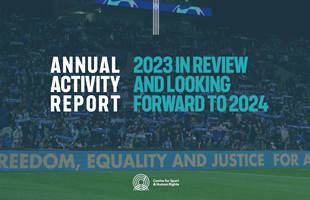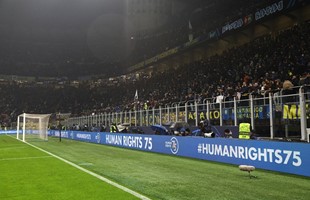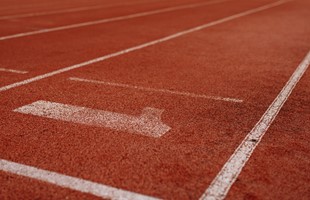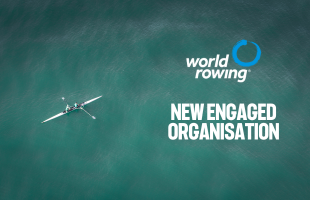Kigali 2019: Important Progress in Realising the Potential of NHRIs to Advance Human Rights in and Through Sport
09 Sep 2019
Author - David Russell
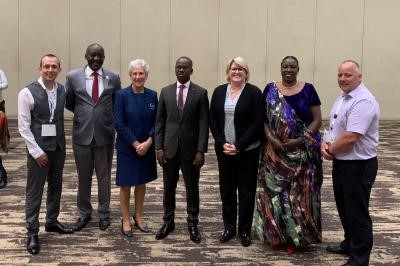
To protect and promote human rights effectively requires sports bodies and National Human Rights Institutions (NHRIs) to build partnerships. For too long both have failed to speak to each other, or to even reach out a hand and explore whether a discussion is possible. The silence in this void needs to be filled with many conversations.
Commonwealth Sport has recognised the fundamental need for such dialogue by encouraging Games Associations from across its member states to engage with their National Human Rights Institutions. This was a central focus of the CGF General Assembly held in Rwanda last week, where workshops were held for NHRIs and for Games Associations – providing opportunities for engagement and identifying joint opportunities.
Here, delegates heard first-hand how their respective roles can be complimentary. This was the start of a process to demystify human rights within and through sport. It was an opportunity of significant importance to lift the veil from those who might still look at human rights or sport and think it is none of their business.
Today, it is difficult to think of a partnership more suited than that of domestic sports bodies and NHRIs. The former are powerful forces for positive change in our societies that can be utilised to promote fairness, equality and social justice. They are capable of providing a platform for the voices of those who are vulnerable, marginalized or maligned. The latter presents sources of expertise and guidance. They are the domestic guardians of human rights who can provide support to ensure that the positive changes embraced by sport bodies are realised in policy and practice.
NHRIs are grounded in the rule of law with powers that include investigatory mandates and the ability to support the victims of rights violations and abuses to seek remedies through the courts.
For sports bodies, which may be held to account for their failings to respect and protect human rights, the thought of building relationships with those charged to hold violators to account might be daunting. But this view is myopic and performs a disservice to both sports bodies and NHRIs.
Sports bodies need to think of themselves as human rights defenders. They must recognise that the business of sport and promoting participation in sport is itself a fundamental right. However, sport is also so much more. Participation in sport is a meta-right. It is, in other words, an enabler for the realisation of many other human rights such as, education, health, freedom of expression, equality and so on.
NHRIs can walk alongside those in sport who are committed to doing better for the people they serve, to help build a culture of rights. They can create the safe spaces that are needed for an open and frank dialogue to occur. They can assist sports bodies to act and improve the good work they are often already doing, to help them perform even better.
The Commonwealth has demonstrated in Rwanda how fortunate it is to have so many established NHRIs. Kigali 2019 might just prove to be the trigger for a global bridge-building exercise, one that brings human rights - in and through sport - home to every member state through partnerships forged between their respective Games Associations and National Human Rights Institutions.
